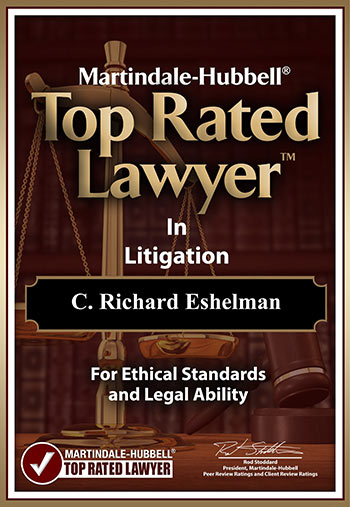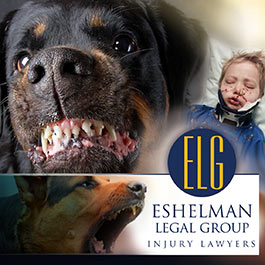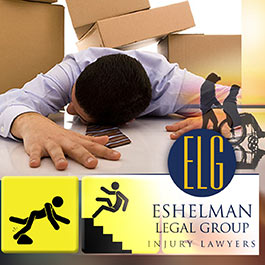Informed Consent
The principle of informed consent requires a physician to provide information about a patient’s medical condition and the available medical care options so that the patient may make an informed decision as to whether or not to consent to a proposed plan of treatment. The doctor must adequately inform the patient of the diagnosis, the nature and purpose of the treatment, any alternatives, the benefits and risks of the procedure itself and the risks of not undergoing the procedure, and any available alternatives. In essence, under the concept of informed consent, the doctor must not only get the patient’s consent to treatment, but the treatment must be obtained from a fully informed patient.
While consenting to treatment may impose certain limits on your rights, signing a statement assuming the risks involved with a procedure does not mean that you have no recourse if the health care provider fails to perform according to acceptable levels of care and is negligent. Though you may be consenting to certain risks inherent in the medical procedure, you generally do not consent to the negligence of the practitioner performing the procedure.
Forms Of Consent
Consent to a treatment can be given either orally or in writing, as is common where doctors provide consent forms for patients to sign. There are some situations where consent of a patient is implied, as where the patient exhibits conduct indicating a willingness to undergo the treatment, or in the case of an unconscious patient who is unable to consent, and there is no family member available to give consent on his or her behalf (and no living will which directs otherwise).
If the patient is a child it is usually necessary for a parent or guardian to consent to any treatment, unless treatment is required in an emergency situation and the parent or guardian is unavailable to give consent. Exceptions may apply to situations where a minor seeks treatment for a sexually transmitted disease, or for alcohol or drug problems.
Damages
The damages a patient may recover in this kind of medical liability action are different from the damages that might be obtained in a medical malpractice negligence action. Because the liability relates to the lack of consent to a procedure, a patient may be able to recover damages even if the medical procedure was successful, whereas in a negligence case, the plaintiff is required to prove damages.
Call: 1-800-365-0001
The Conclusion
The attorneys at the Eshelman Legal Group understand that no matter how cautious you are, others may not be so careful, and accidents do happen. So we hope you don’t need to, but if you are in a situation where you need the advice of an personal injury attorney, the Eshelman Legal Group is here to help you. For over 40 years we have been assisting accident victims, and we are here to assist you too... because “We’ll make things right.”
Ask yourself this question… who does the adjuster work for? The adjuster works for the insurance company, they do not work for you.
In all matters involving personal injury it is essential that measures be taken promptly to preserve evidence, investigate the accident in question, and file a lawsuit prior to the deadline imposed by the Statute of Limitations. If you or a loved one is a victim of personal injuries, call Eshelman Legal Group LLC, now at 1-800-365-0001. The initial consultation is free of charge, and if we agree to accept your case, we will work on a Contingent Fee basis, which means we get paid for our services only if there is a monetary award or recovery of funds. Don’t delay! You may have a valid claim and be entitled to compensation for your injuries, but a lawsuit must be filed before the statute of limitations expires. The above is not legal advice. That can only come from a qualified attorney who is familiar with all the facts and circumstances of a particular, specific case and the relevant law. See Terms of Use.





